Effective Ways to Manage Intense Oral Pain:
Dealing with intense oral pain can be challenging, but there are several effective strategies to help ease the discomfort until you can see a dentist. Here are some simple and practical tips to manage oral pain:
Use Over-the-Counter Pain Relievers:
Take non-prescription painkillers like ibuprofen (Advil, Motrin) or acetaminophen (Tylenol) to temporarily relieve oral pain. Follow the instructions on the packaging to ensure safe usage.
Try Cold Therapy:
Apply an ice pack or a cold compress to the outside of your cheek near the painful area. This can help numb the pain and reduce swelling.
Rinse with Saltwater:
Gargle with a warm saltwater solution to reduce swelling and kill bacteria in your mouth. Mix one teaspoon of salt with a cup of warm water, swish it around in your mouth for about 30 seconds, and then spit it out.
Avoid Extreme Temperatures:
Stay away from very hot or very cold foods and drinks, as they can make oral pain worse, especially if you have sensitive teeth or an injury in your mouth.
Use Clove Oil:
Clove oil has natural pain-relieving properties. Dab a small amount of clove oil on a cotton swab and apply it directly to the painful tooth or gum. Be careful not to swallow the oil, as it can cause stomach irritation.
Elevate Your Head While Sleeping:
If lying down makes your oral pain worse, try sleeping with your head elevated using pillows. This can help reduce blood flow to the painful area and lessen the pain.
Chew on One Side:
If chewing hurts, avoid chewing on the side of your mouth that is in pain. Stick to softer foods that require less chewing and chew on the opposite side of your mouth.
Stay Hydrated:
Drink plenty of water to help wash away bacteria and food particles in your mouth. This can help reduce pain caused by infection or swelling.
Seek Professional Help:
While these tips can help temporarily relieve oral pain, it is important to see a dentist as soon as possible for a proper diagnosis and treatment. Oral pain can be a sign of serious issues like cavities, infections, or gum disease that need professional care.
When to Seek Immediate Help?
If you have severe or long-lasting oral pain, or if you have symptoms like fever, swelling, or trouble swallowing, seek medical help right away.
Summary of Tips to Manage Oral Pain:
- Use Over-the-Counter Pain Relievers: Follow the instructions on painkillers like ibuprofen or acetaminophen.
- Try Cold Therapy: Use an ice pack or cold compress on your cheek near the painful area.
- Rinse with Saltwater: Mix a teaspoon of salt in warm water and rinse your mouth.
- Avoid Extreme Temperatures: Stay away from very hot or cold foods and drinks.
- Use Clove Oil: Apply a small amount of clove oil to the painful area with a cotton swab.
- Elevate Your Head While Sleeping: Use pillows to prop up your head.
- Chew on One Side: Avoid chewing on the side that hurts and eat softer foods.
- Stay Hydrated: Drink plenty of water to reduce bacteria and debris in your mouth.
- Seek Professional Help: See a dentist for proper diagnosis and treatment of your oral pain.
- Seek Immediate Help for Severe Symptoms: Get medical help if you have severe pain, fever, swelling, or difficulty swallowing.
These tips can help you manage oral pain temporarily, but seeing a dentist is crucial for addressing the root cause of the pain and getting the right treatment. Don’t delay in seeking professional care, especially if your pain is severe or persistent.
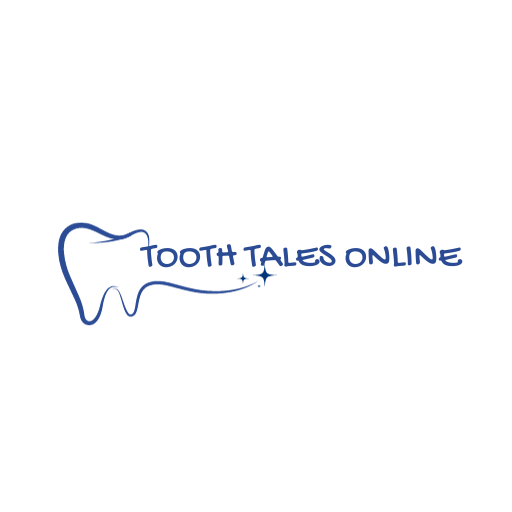



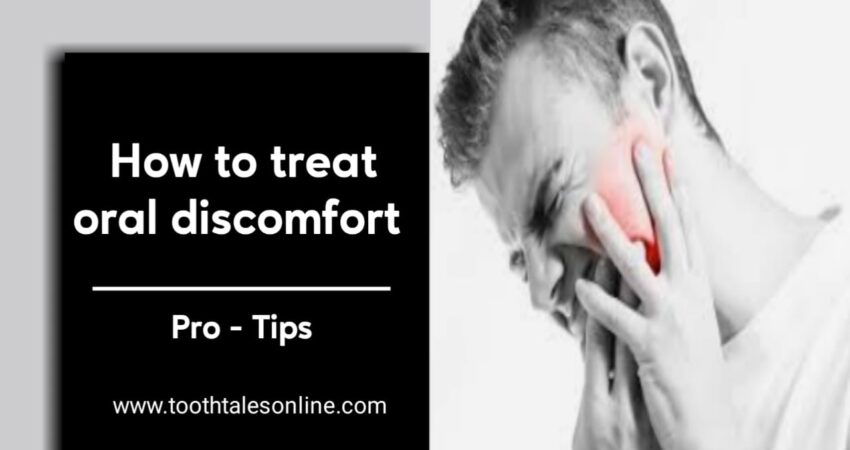


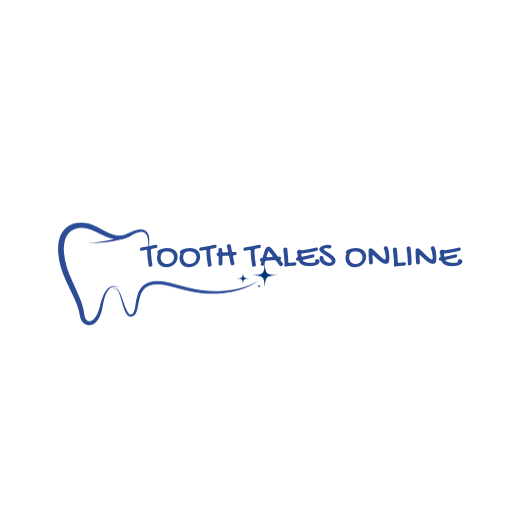
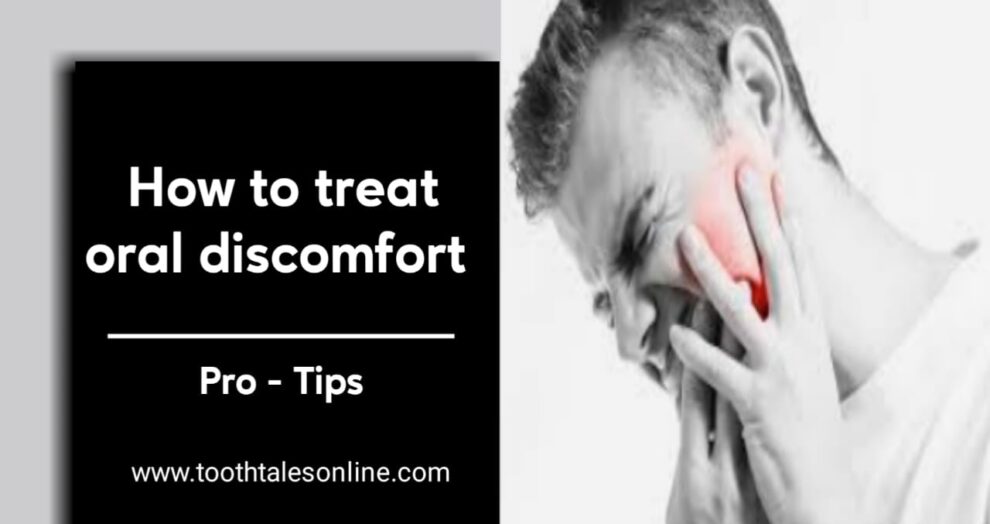
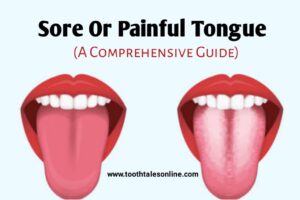

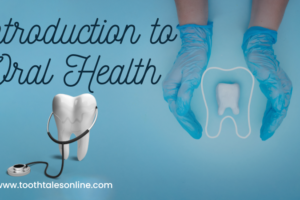










пропуск на грузовой автомобиль в москве пропуск на грузовой автомобиль в москве .